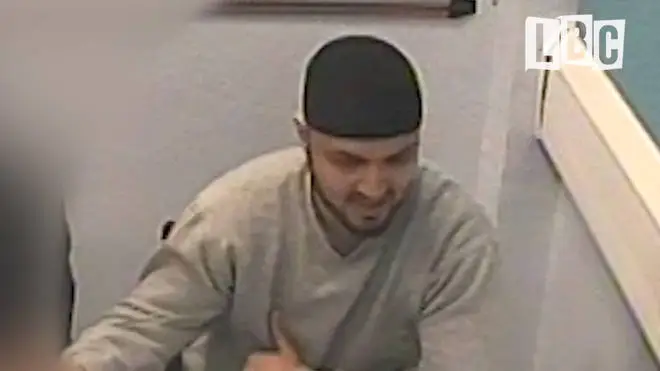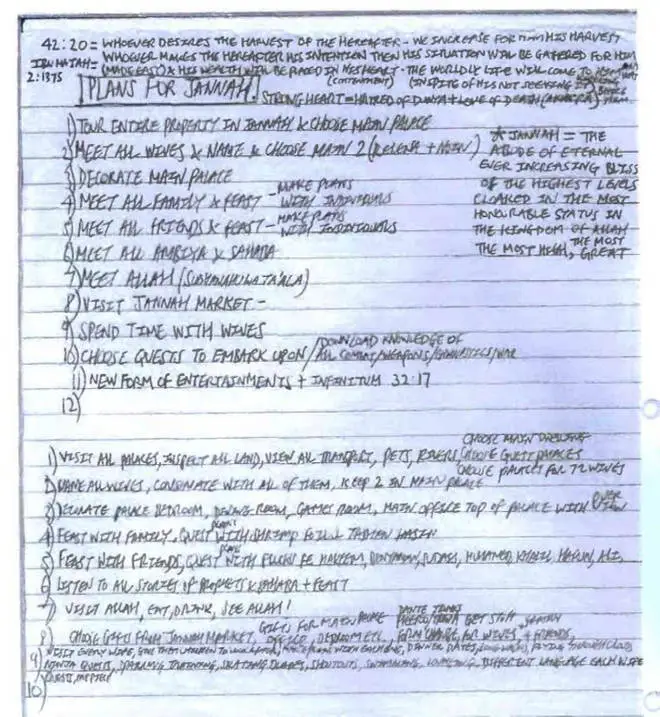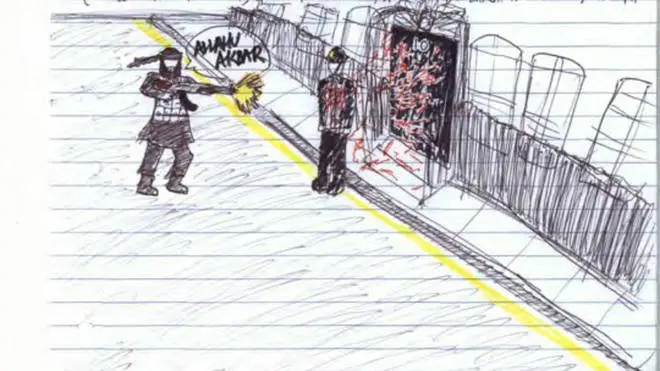
Nick Ferrari 7am - 10am
10 February 2020, 17:49

A former Uber driver has been found guilty of plotting terror attacks on iconic tourist sites in London.
A jury at Woolwich Crown Court found Mohiussunnath Chowdhury guilty of planning terrorist attacks on sites including Madame Tussauds and the Pride parade.
The 28-year-old, of Kirkwood Road, Luton, denied the charges.
Jurors deliberated for eight hours and 39 minutes before returning their verdicts on Monday.
He remained emotionless as jurors found him guilty of engaging in conduct in preparation of terrorist acts, collecting information likely to be useful to someone preparing an act of terrorism and disseminating terrorist publications.
His sister Sneha, 25, cried as she was convicted of one count of failing to disclose information about acts of terrorism and cleared of another count of the same charge.
Chicken shop worker Chowdhury was cleared by a jury in 2018 of a sword attack on police officers outside Buckingham Palace while shouting "Allahu Akbar" (God is the greatest).
Woolwich Crown Court heard that he had intended to go to Windsor Castle in 2018 but a sat-nav error had sent him to the Windsor Castle pub instead.
But prosecutor Duncan Atkinson QC told Woolwich Crown Court that after Chowdhury was cleared, he became driven by “dreams of martyrdom”.
Woolwich Crown Court heard that the 28-year-old told undercover police officers of his intentions and said that any non-Muslims were “fair game”.
Just six months after his release from prison a covert police recording showed him telling his sister, Sneha Chowdhury, that he was quitting his job at a chicken shop in Luton.
“I’m doing another attack bruv,” Mr Chowdhury said. “I’m serious bro, it’s about time now.”
But when asked in court he claimed he made the comment “for attention” and did not mean it.
The court head Chowdhury planned “to unleash death and suffering on non-Muslim members of the public who happened to be present, using a firearm, sword and even a van as part of an attack”.

The prosecutor said he praised previous terror attacks, calling the Charlie Hebdo massacre “epic” and the murder of Lee Rigby “amazing”.
Commander Richard Smith, the head of the Met's Counter Terror Command told LBC News Chowdhury was an "exceptionally dangerous individual," who was "committed to murdering as many people as he could."
Chowdhury was caught after a covert police operation where undercover officers were deployed to work out what his intentions were.
Cdr Smith said he paid tribute to the officers involved after a "challenging" investigation.
"I do believe if we hadn't been investigating him and had not arrested him," the Commander said, "he would have gone on to cause significant harm."

We don't know how many covert operations like this are currently being run in the UK, as it's something counter-terror police refuse time and again to reveal.
But we do know, that Chowdhury caused the Met enough concern, that they sent in four covert officers to monitor and befriend him.
He became very close with one of the operatives, a man he knew as 'Mikael.'
Now at the point of his arrest, police say he believed Mikael was still planning an attack and would be successful.
Which, it seems, explains the stark difference in these two interview videos.
At a briefing for journalists, Commander Richard Smith explained how in the first clip Chowdhury was pretending to be cooperative and reasonable, playing for as much time as possible to allow his 'friend' to carry out an atrocity.
Watch the second clip though, and you see a man who had just been told his 'friend' was actually an undercover officer, and that no such plan was forthcoming.
At that point, he becomes visibly distressed, saying only “No Comment.”
After the long covert investigation, Chowdhury was eventually arrested just days before London Pride.
That was one of the targets he'd discussed attacking with the undercover officers.
And this highlights the intense balancing act the Police running these covert operations have to manage.
They have to constantly weigh up the needs of the operation - gathering as much evidence and intelligence as possible to justify the arrest and lead to a successful prosecution
At the same time, they can’t wait too long for that evidence, in case they put the public at risk.